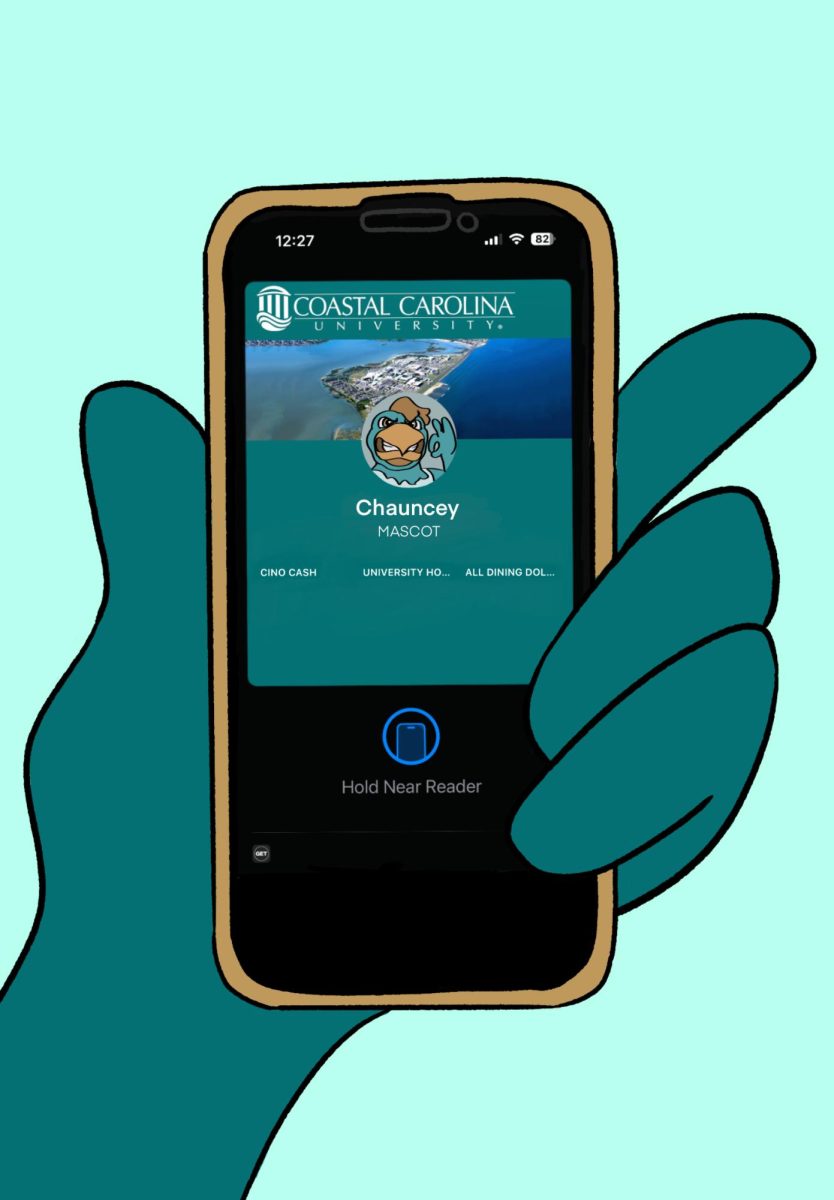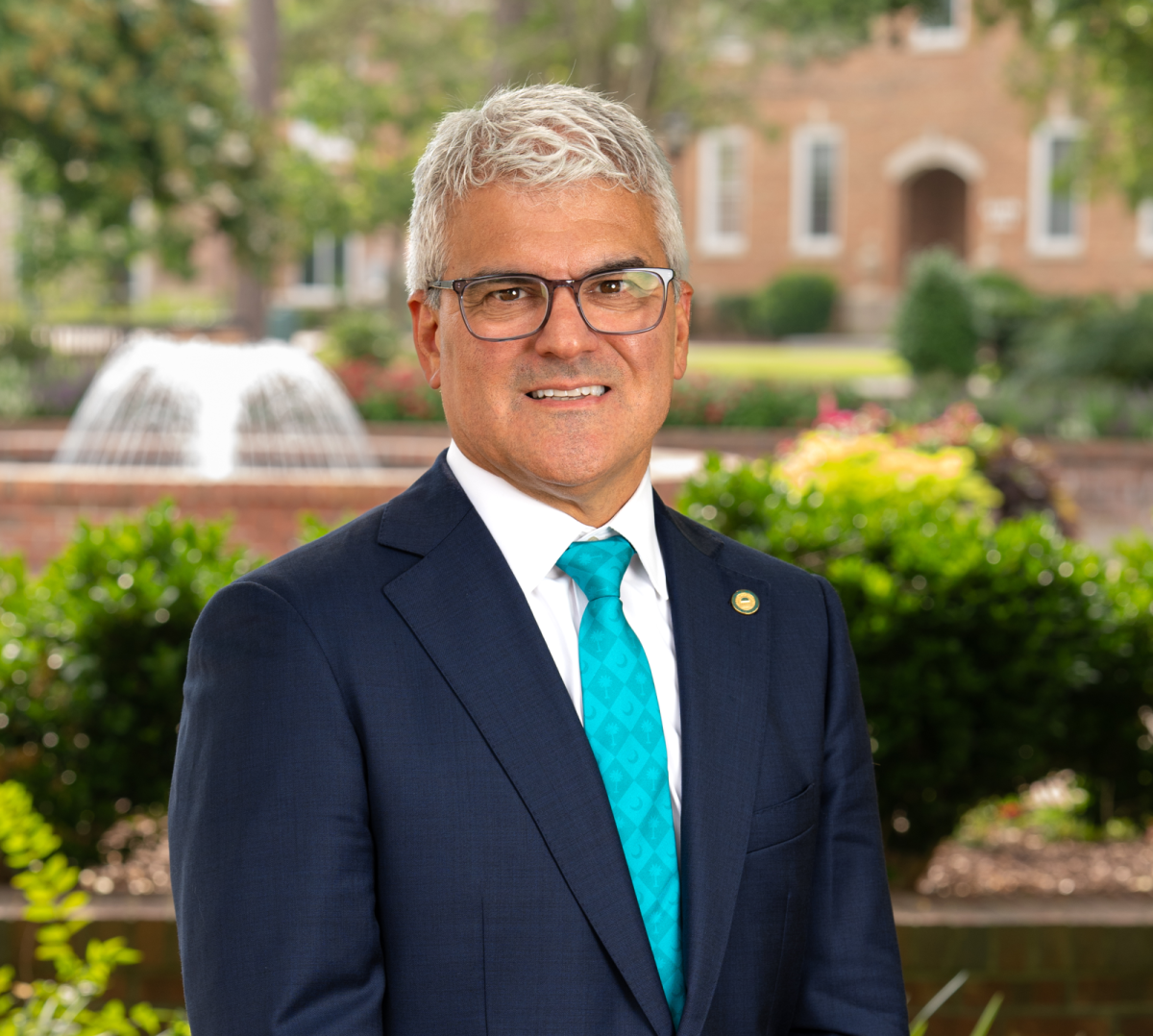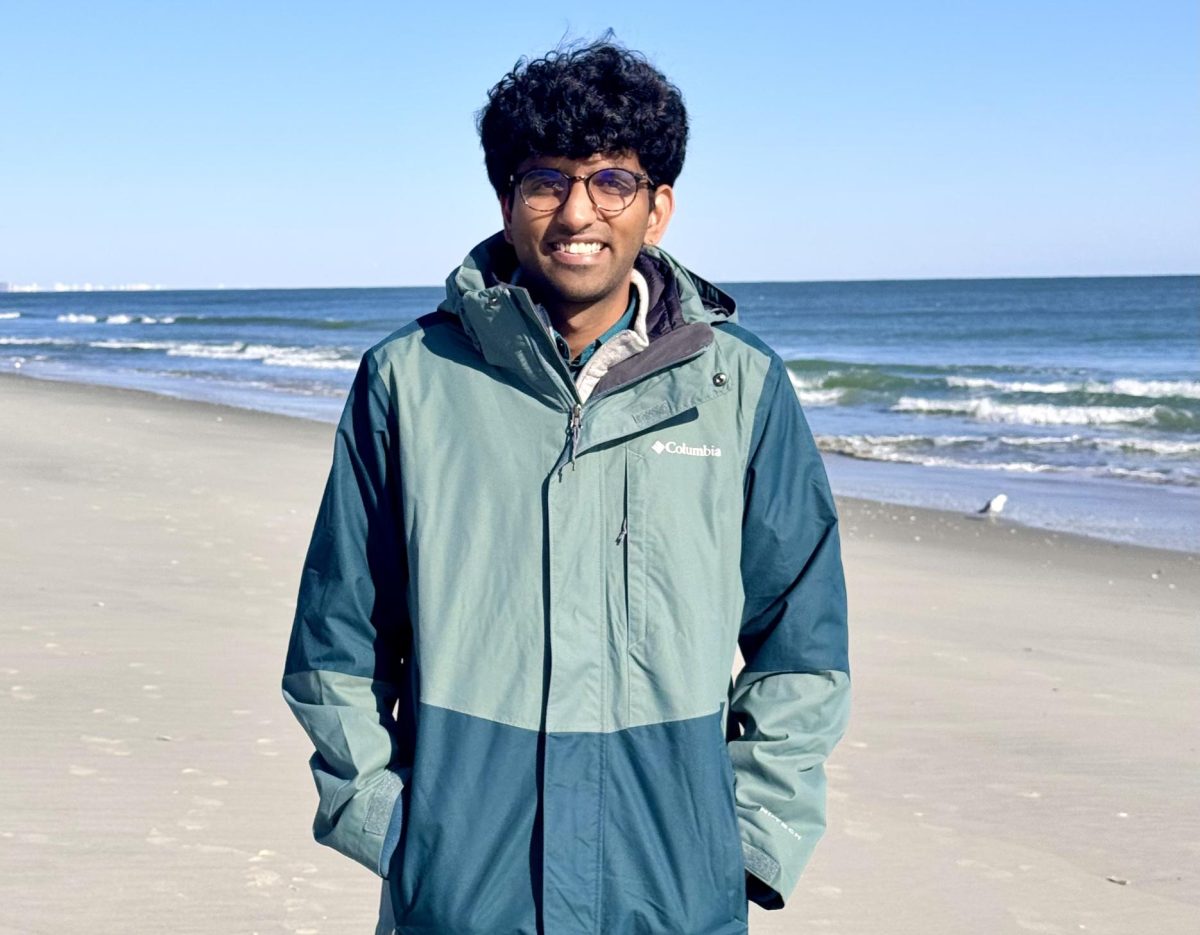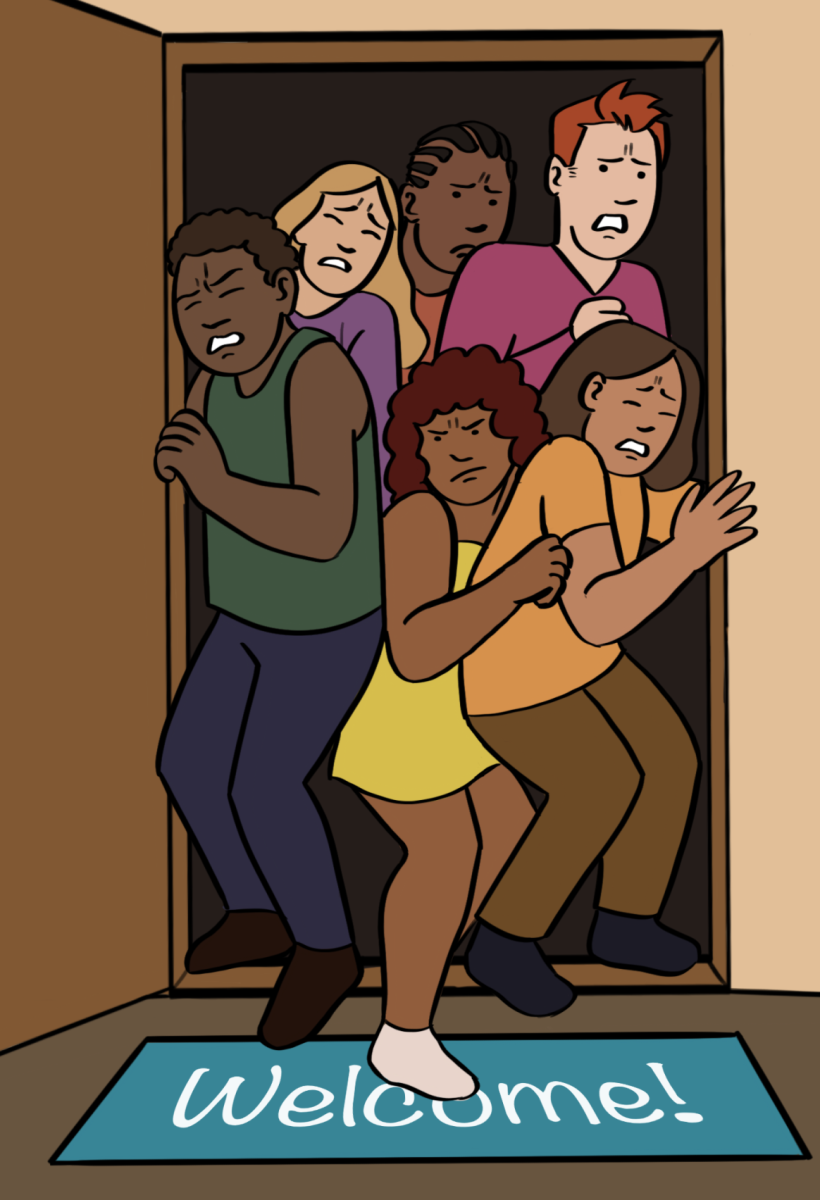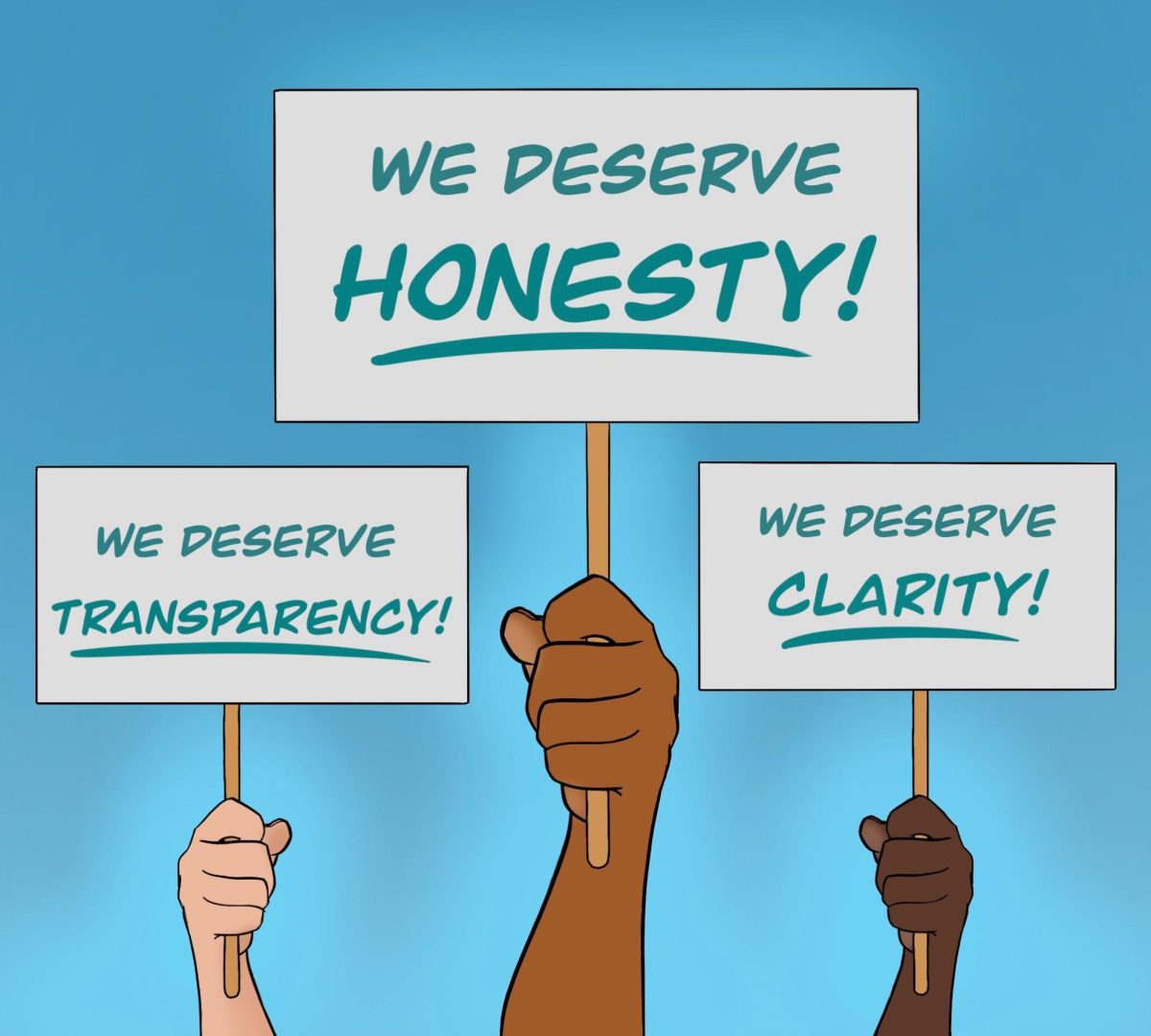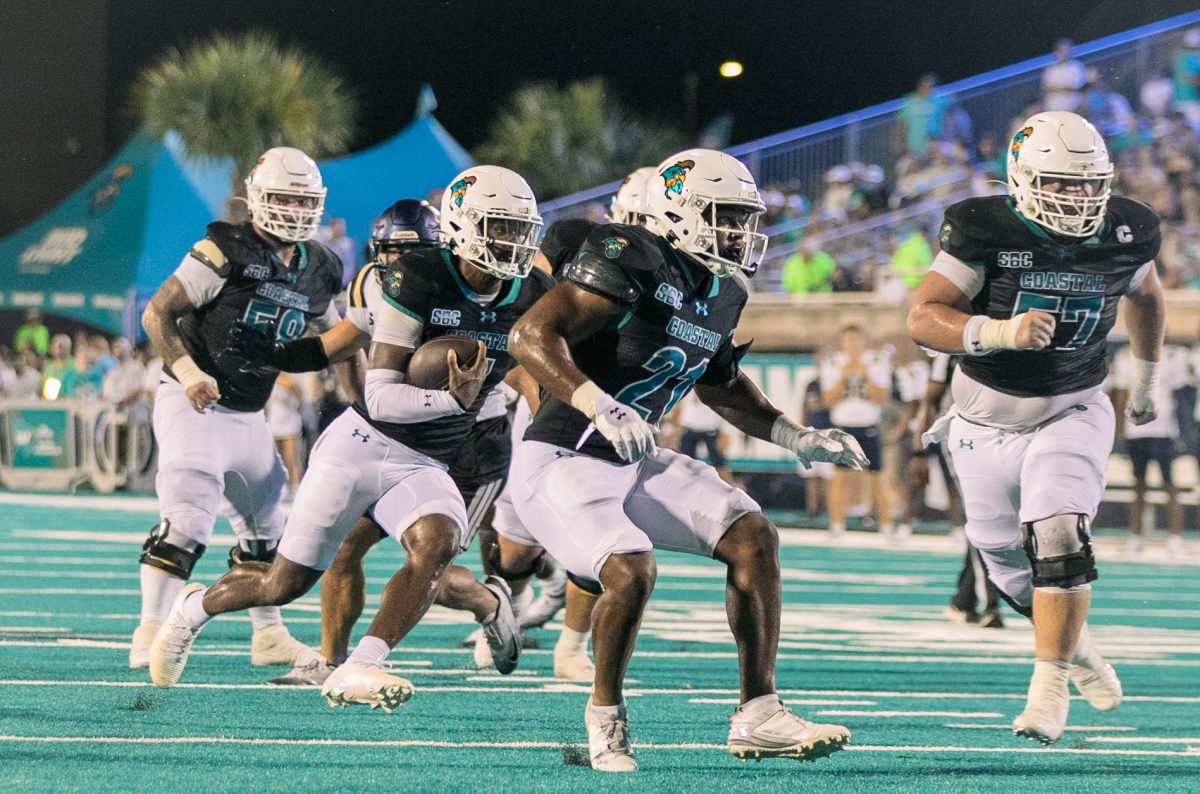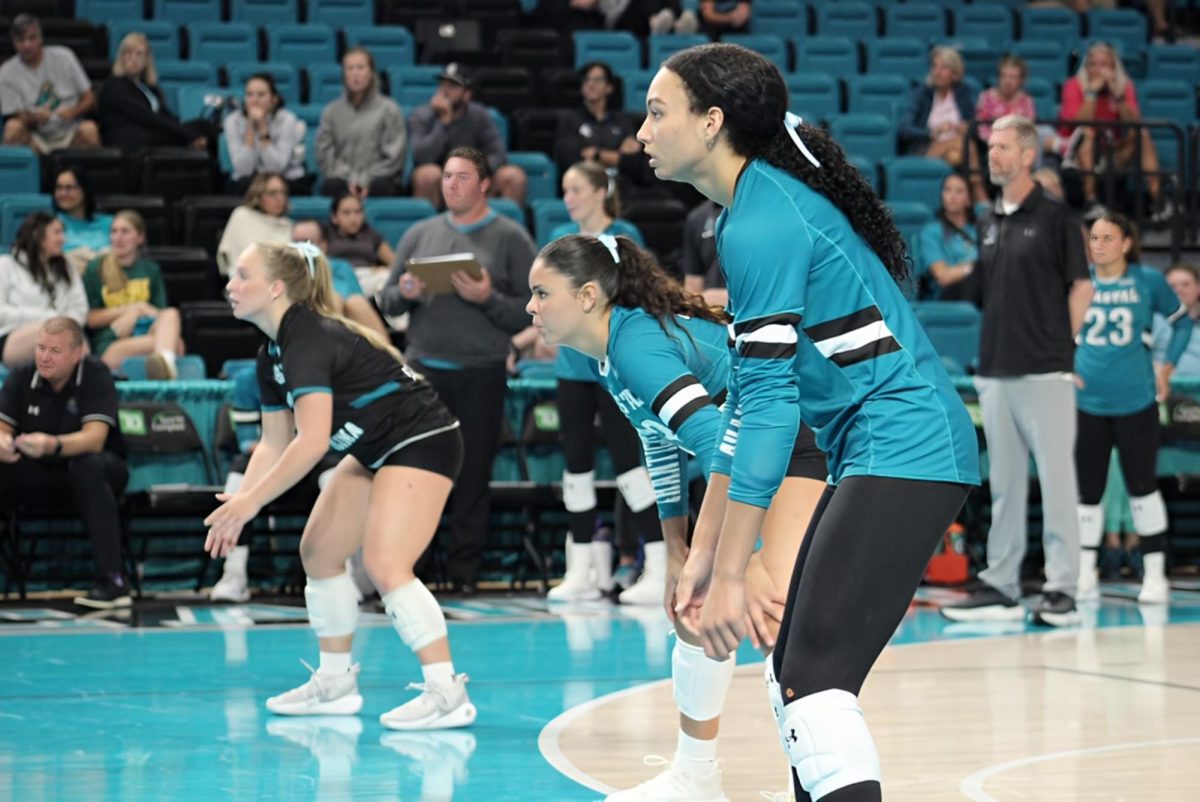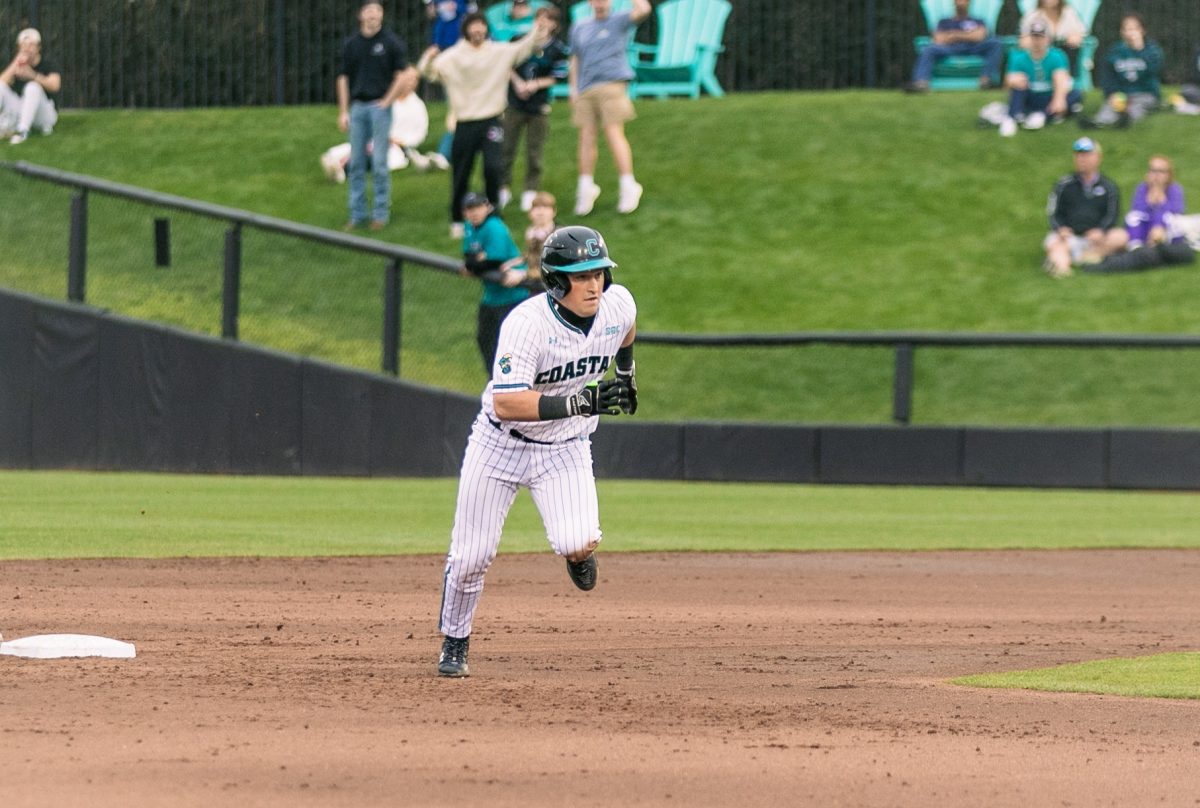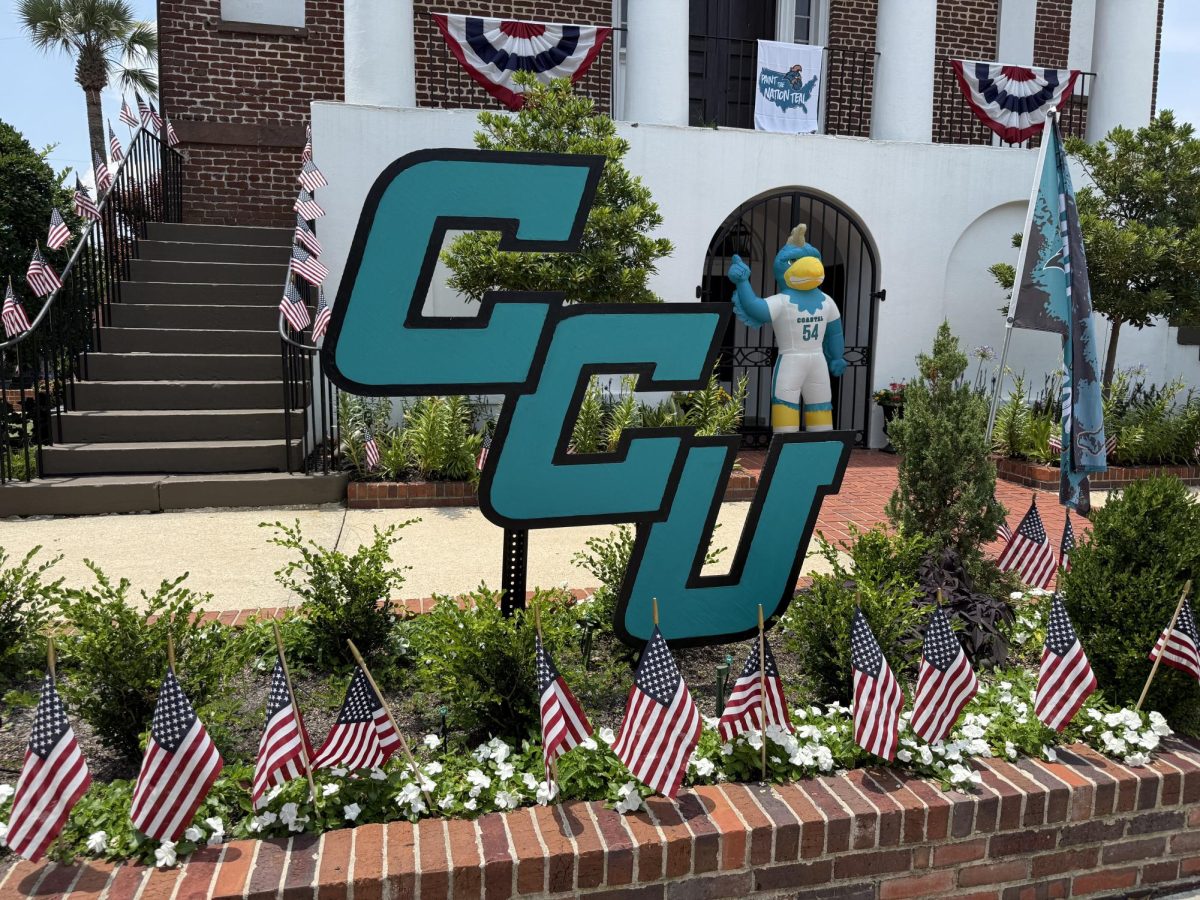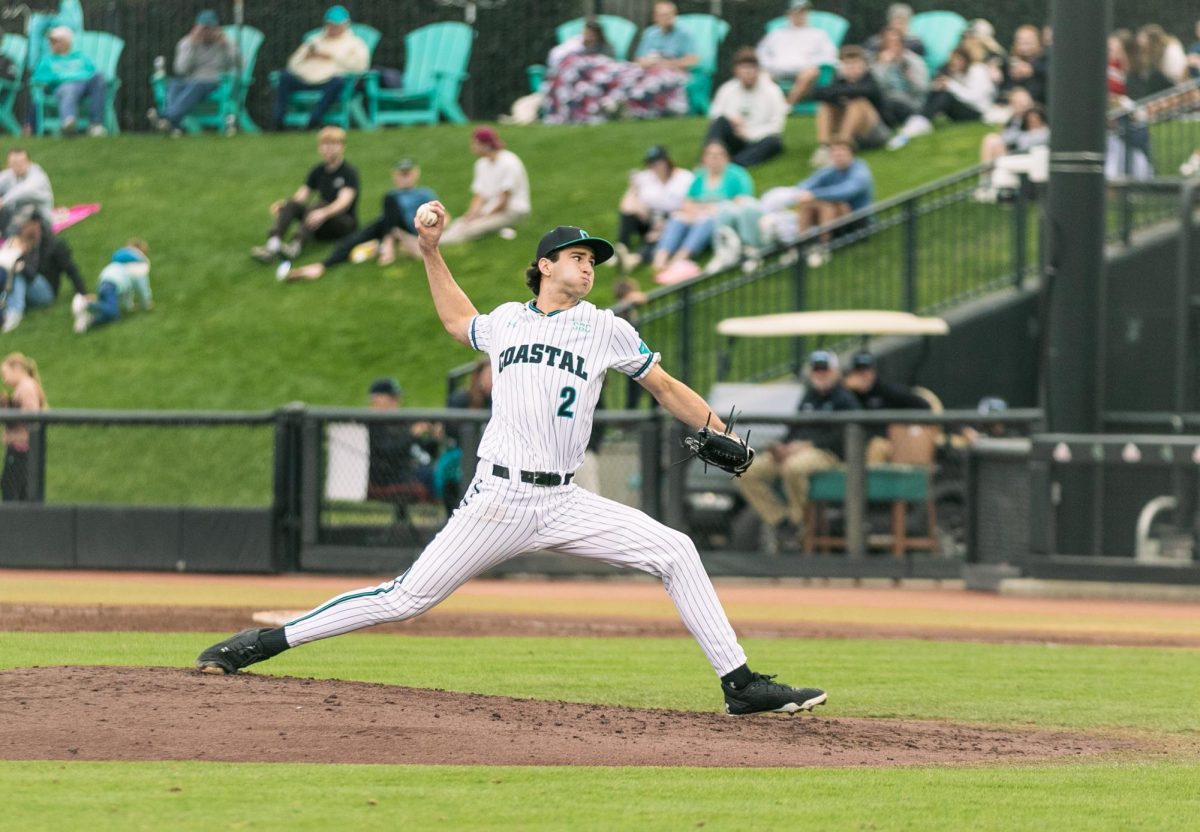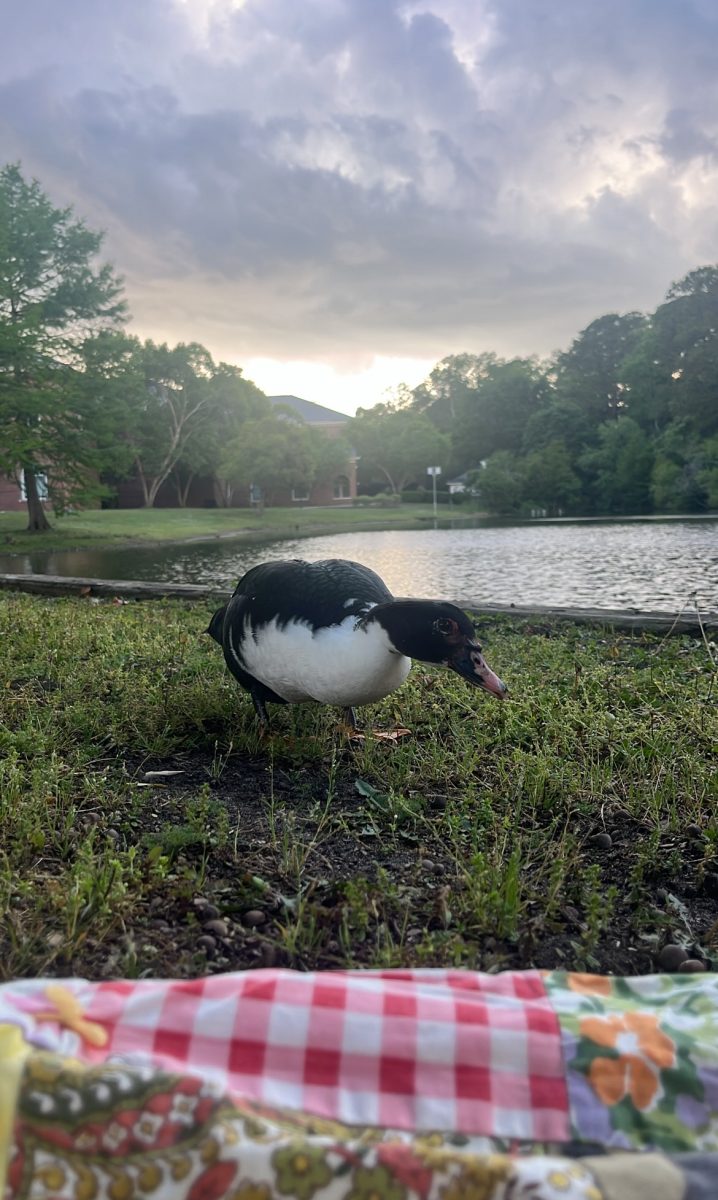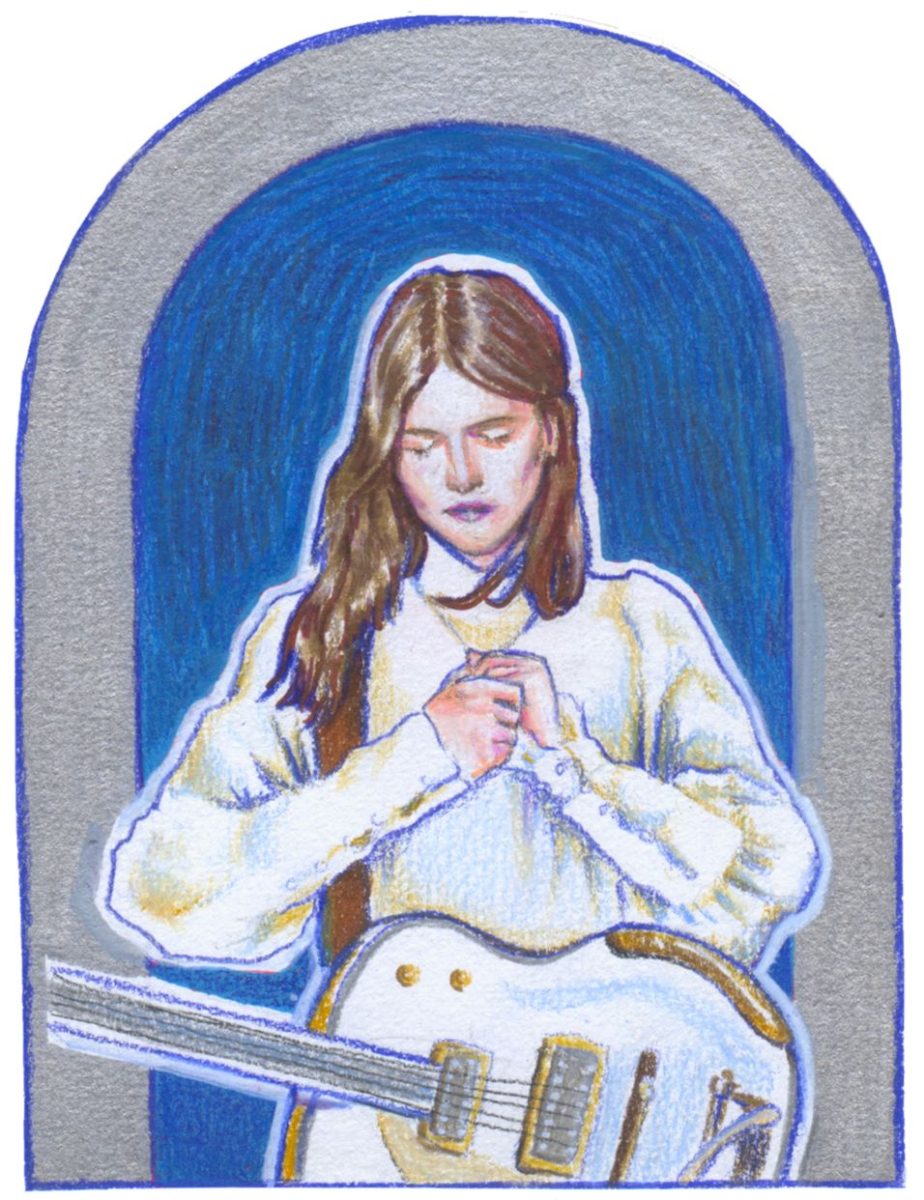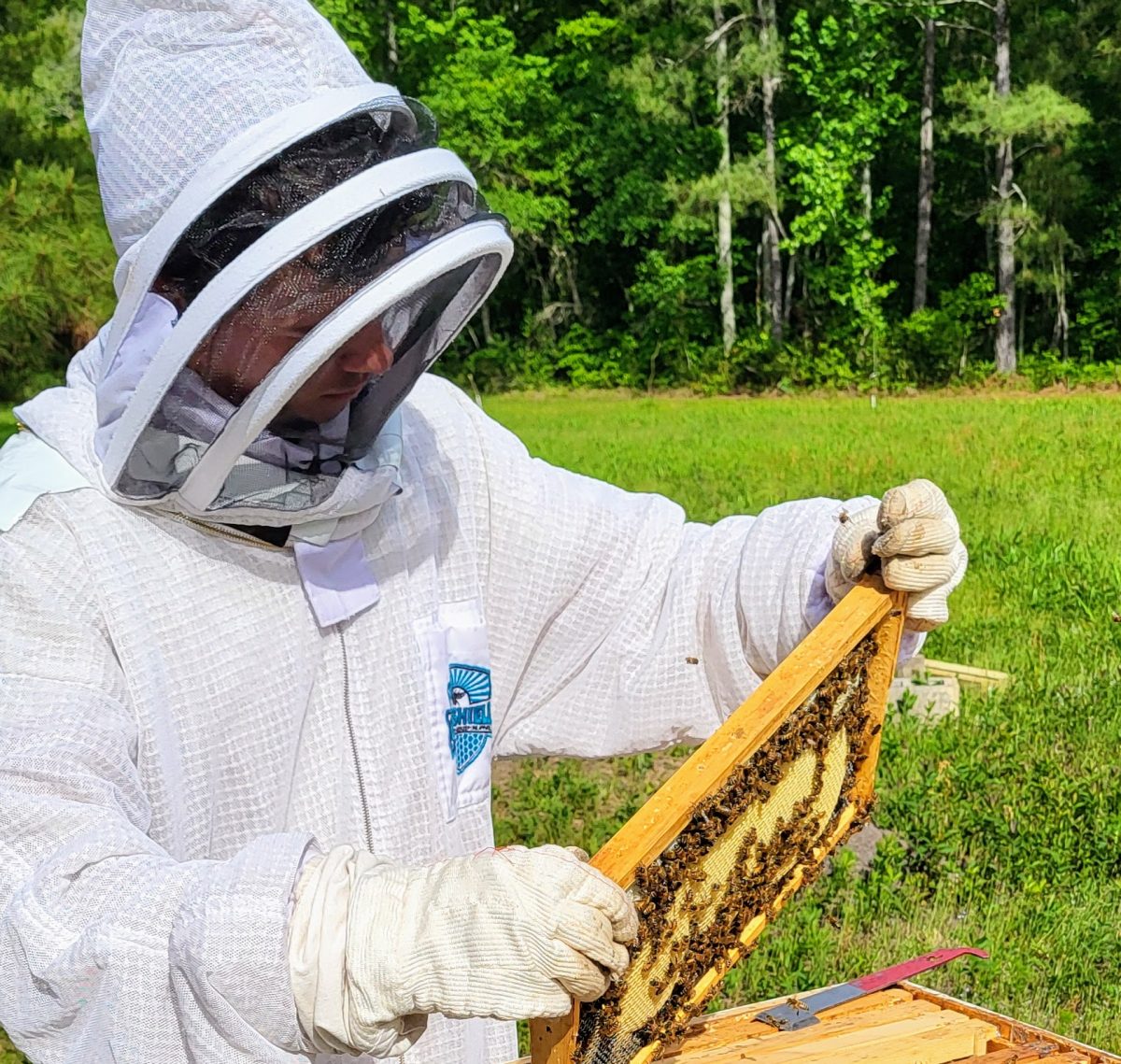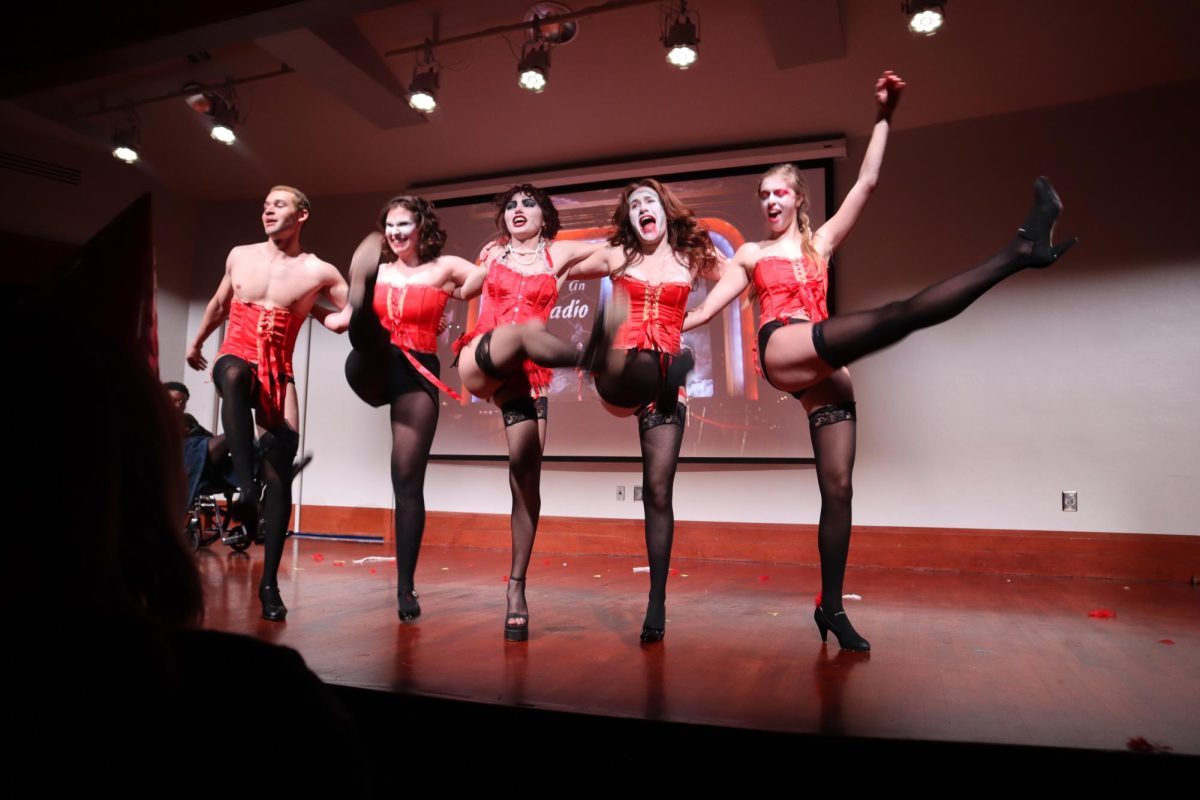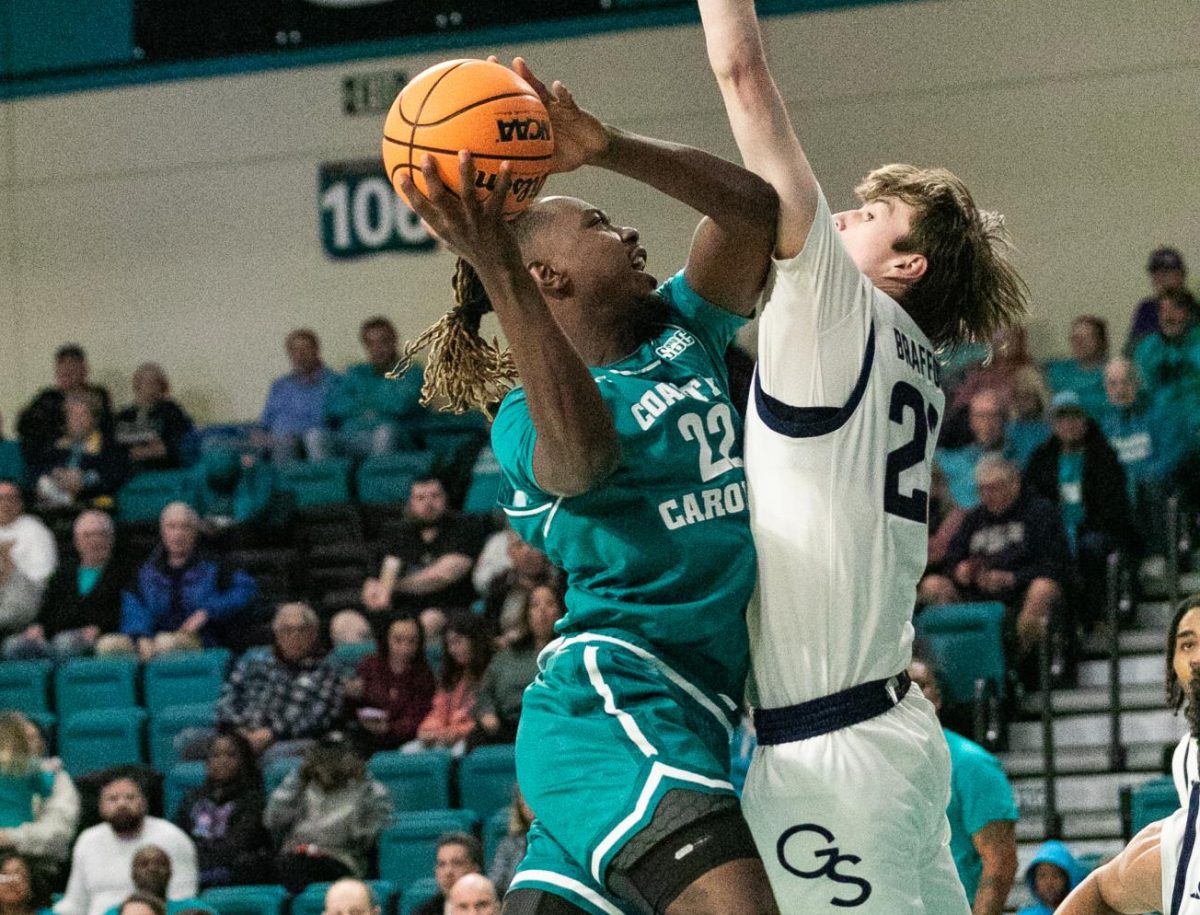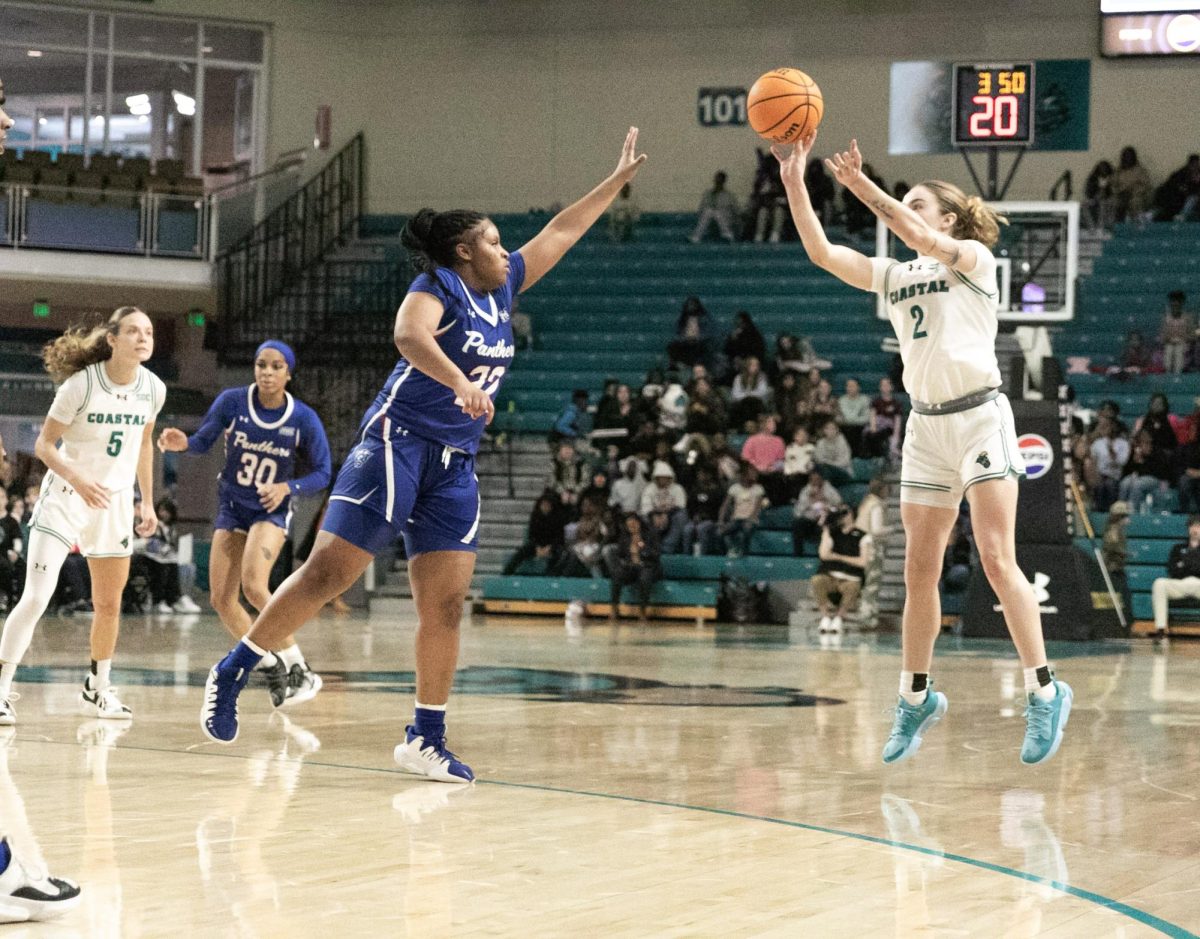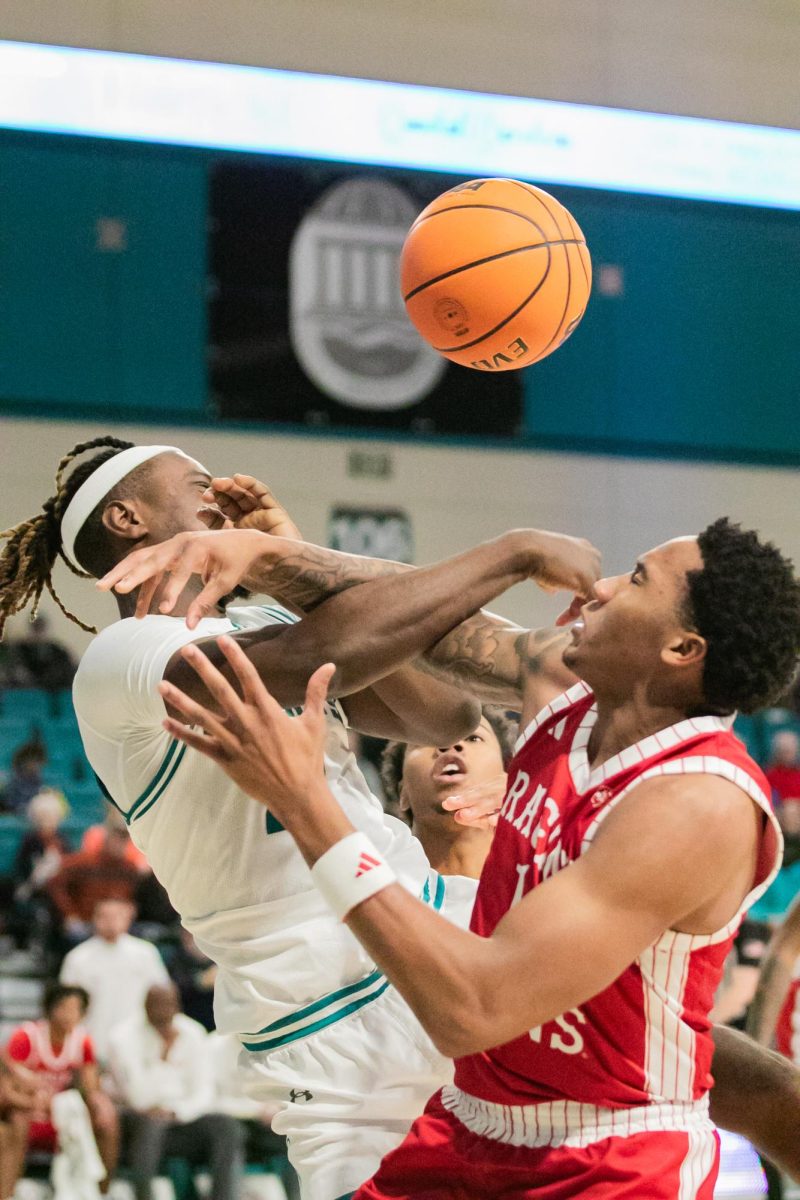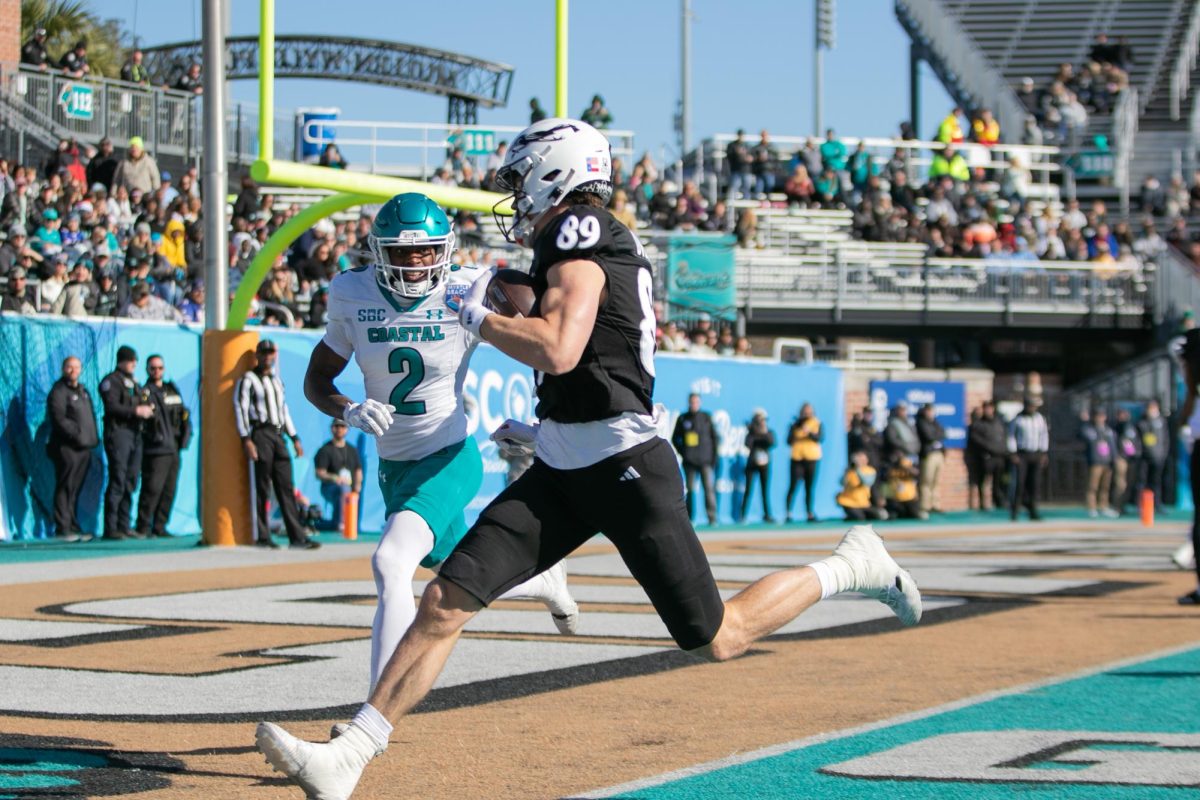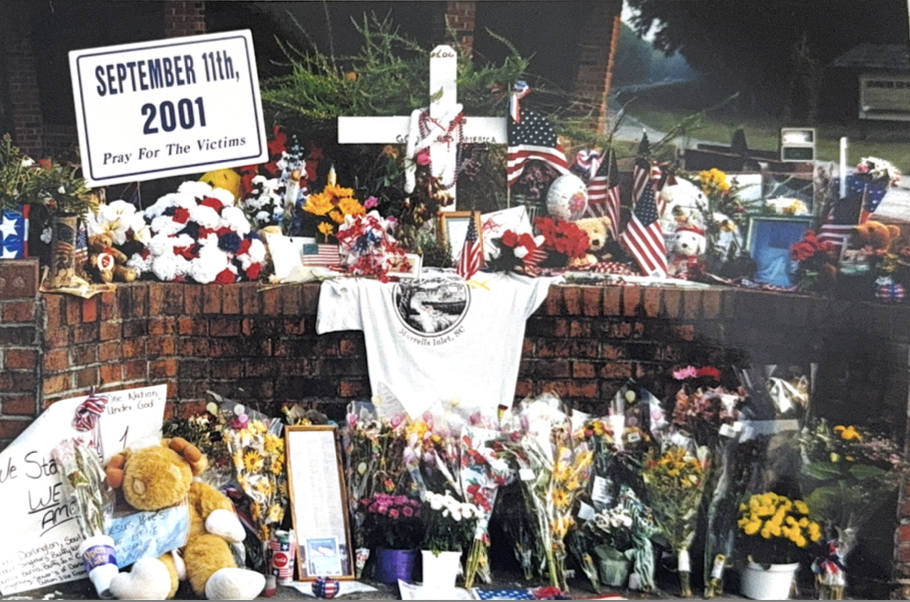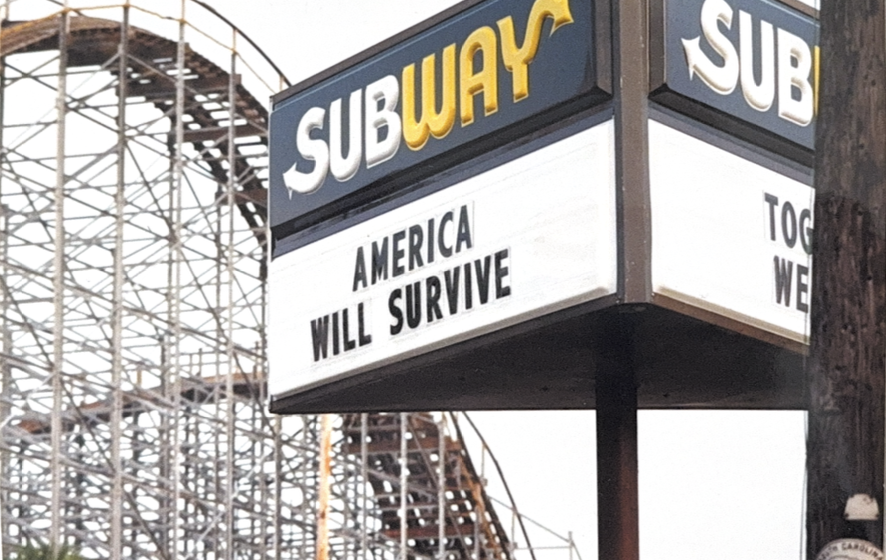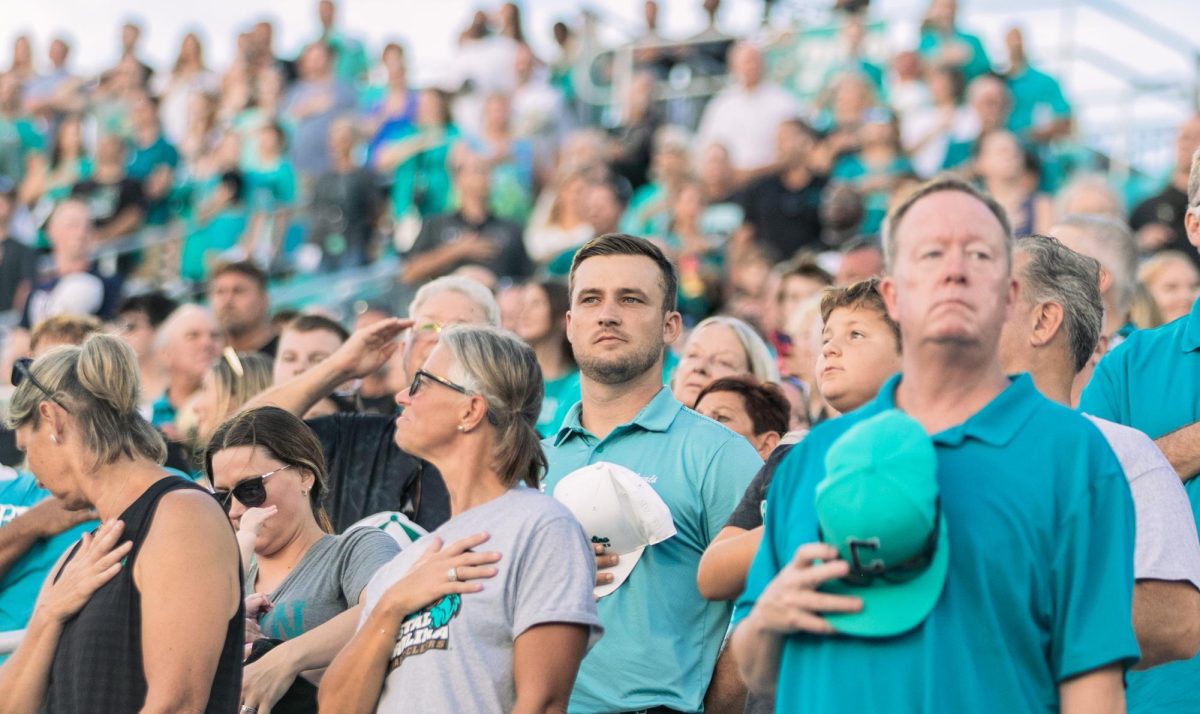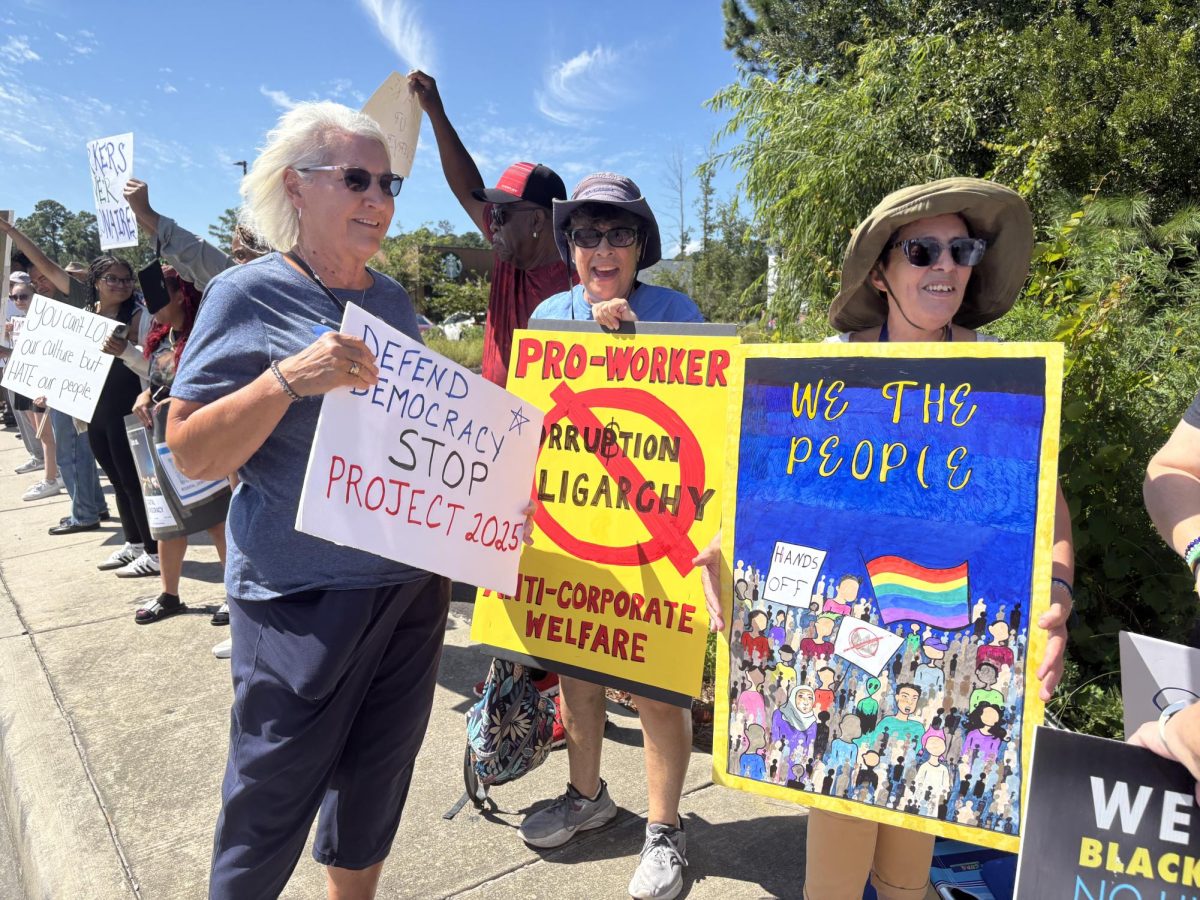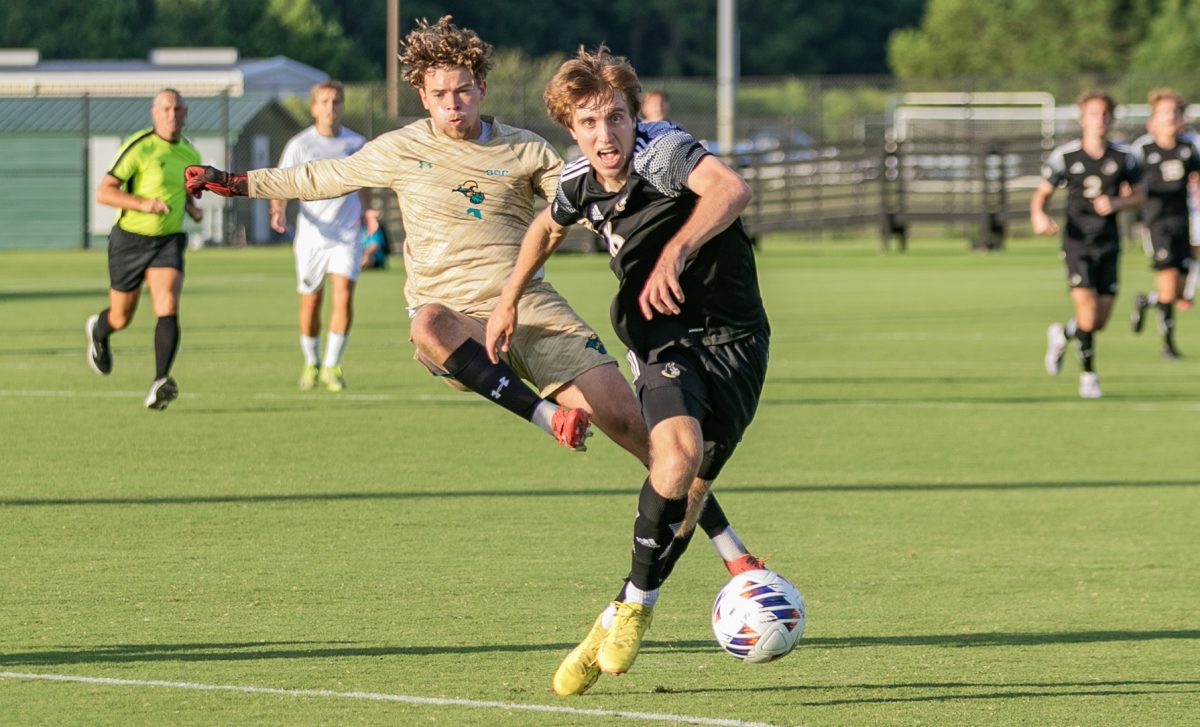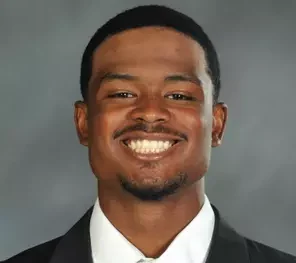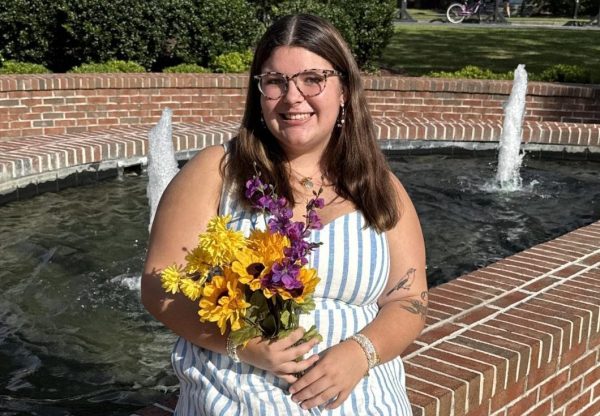The attack of September 11, 2001, is a day many will never forget, but most Coastal Carolina University students never lived through it.
For much of the student body the attacks of 9/11 are lessons in school, essays written in class and stories passed down. But as time goes on, one thing is for certain: it has not been forgotten. With a large portion of CCU students from New York and New Jersey, many still carry familial or personal ties to such tragedy.
The attacks killed 2,977 people: 2,753 people killed in New York, 184 people killed at the Pentagon and 40 people killed on Flight 93, according to the 9/11 Memorial & Museum website.
Tom Veenstra, junior biology major and former Marine Corps staff sergeant, was on a unit deployment program in Fuji, Japan, during the attacks on 9/11. Veenstra recalled the confusion and disarray that occurred in his unit moments after the towers were struck.
“It was bad. Two of my Marines were from New York, and they attempted to contact their families after the towers were hit. None of them could get through for at least 24 hours because the phone lines were so jammed up,” Veenstra said.
According to the New York City official government website, in the first full year of recruitment following the attacks 181,510 Americans enlisted in the U.S. armed forces. Such a surge was brought about by revitalized patriotism, sense of duty and an urge to protect their homeland and loved ones.
“Everybody was angry about it. Terrorists had attacked us, they had killed us, and we all wanted to go fight,” Veenstra said.
Following the attacks, the sense of security that Americans once knew was gone.
Kimberly Schumacher, principal lecturer of communication, media and culture at CCU, was a news reporter at WBTW at the time. Driving to work, she initially thought the crash was a pilot error, but that changed once the Pentagon was struck.
“I’ll never forget the feeling. It washed over me in a way I’ll never forget, realizing people are flying planes into our buildings on purpose,” Schumacher said. “That was the moment I realized we were actually being attacked, it was incredibly scary. That feeling of realizing you’re not safe on your own soil anymore was very overwhelming.”
Following the attack, new security measures were enacted across the country: the creation of the Department of Homeland Security, the Transportation Security Administration and the passage of the USA PATRIOT Act.
Randy Burk, Director of Military and Veteran Services at CCU, was serving as a meteorologist in the United States Airforce stationed in Germany during the attacks. Burk also did not believe it was a terrorist attack at first, but the challenge came when he had to explain what had happened to his children who were 8 and 3 at the time.
“It was hard explaining that there are bad people in the world and things are happening,” Burk said. “Of course, their questions were, ‘Well, what about us? What happens to us?’ And that was hard,” Burk said.
Despite the distance, after such a catastrophic event the community that surrounded Veenstra, Schumacher, Burk and countless Americans helped the nation move forward while holding on to the promise to never forget.
“Even though we were so far away, this community rallied to try and support New York as best as we possibly could,” Schumacher said. “It was hard. But I feel like we showed up in a way that that we could do best as an area, the Grand Strand, and it was much appreciated by them.”
